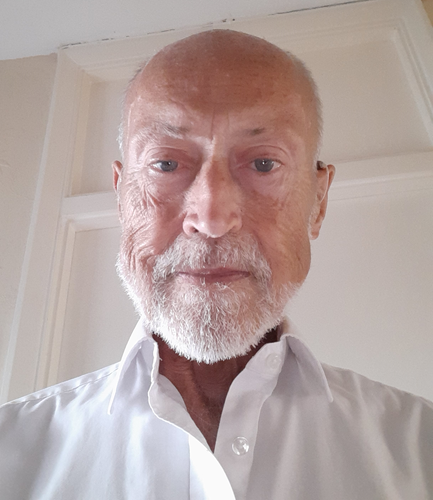The West Essex Community Specialist Diabetes Service is run by Essex Partnership University NHS Foundation Trust.
The team of nurses and dietitians who specialise in diabetes currently support 84 patients and serve Harlow, the Epping Forest district and Uttlesford.
They support adults with type 1 diabetes to make any lifestyle adjustments to help keep themselves well, and also provide care to patients who are housebound or living in nursing and residential care homes who have type 1 or complex type 2 diabetes.
Patients can be referred to the service by their GP, practice nurse, district nurse, care home, or secondary care.
For adults with type 2 diabetes, there are set criteria for referrals to the service.
In addition, they also deliver a number of courses for adults with type 1 and type 2 diabetes.
DAFNE course
The DAFNE course is a structured education programme for anyone aged 17 and over who has type 1 diabetes. It teaches patients how to self-manage their diabetes by working out how much insulin they need to take for what they want to eat.
Patients can choose to do the online course, which runs for three hours week over six weeks, or face-to-face classes, which run for one day a week over five weeks, or can be completed during one week.
More information can be found at dafne.nhs.uk
Courses for people with type 2 diabetes
The West Essex Community Dietetic Team delivers education programmes for adults with type 2 diabetes.
The X-PERT online course runs for two hours a week over six weeks, or face-to-face classes that run for two-and-a-half hours a week over six weeks.
More information can be found at xperthealth.org.uk.
The team also deliver a Carbohydrate and Insulin Management Programme, which is designed specifically for people with type 2 diabetes who are taking insulin. It provides more detailed information on insulin treatment so that patients can increase their understanding of their condition and make lifestyle choices to manage their blood glucose levels more effectively.
Referrals
If you feel you would benefit from any of these courses, you can ask for a referral from your GP, Podiatry Service, Healthy Living Team, or Secondary Care provider.
You can also self-refer by calling 01279 973705 or 01279 827621 or emailing joanne.gallagher@nhs.net
Patients who attend the DAFNE course and fit certain criteria will be considered to apply for initial funding for a glucose monitoring device.

